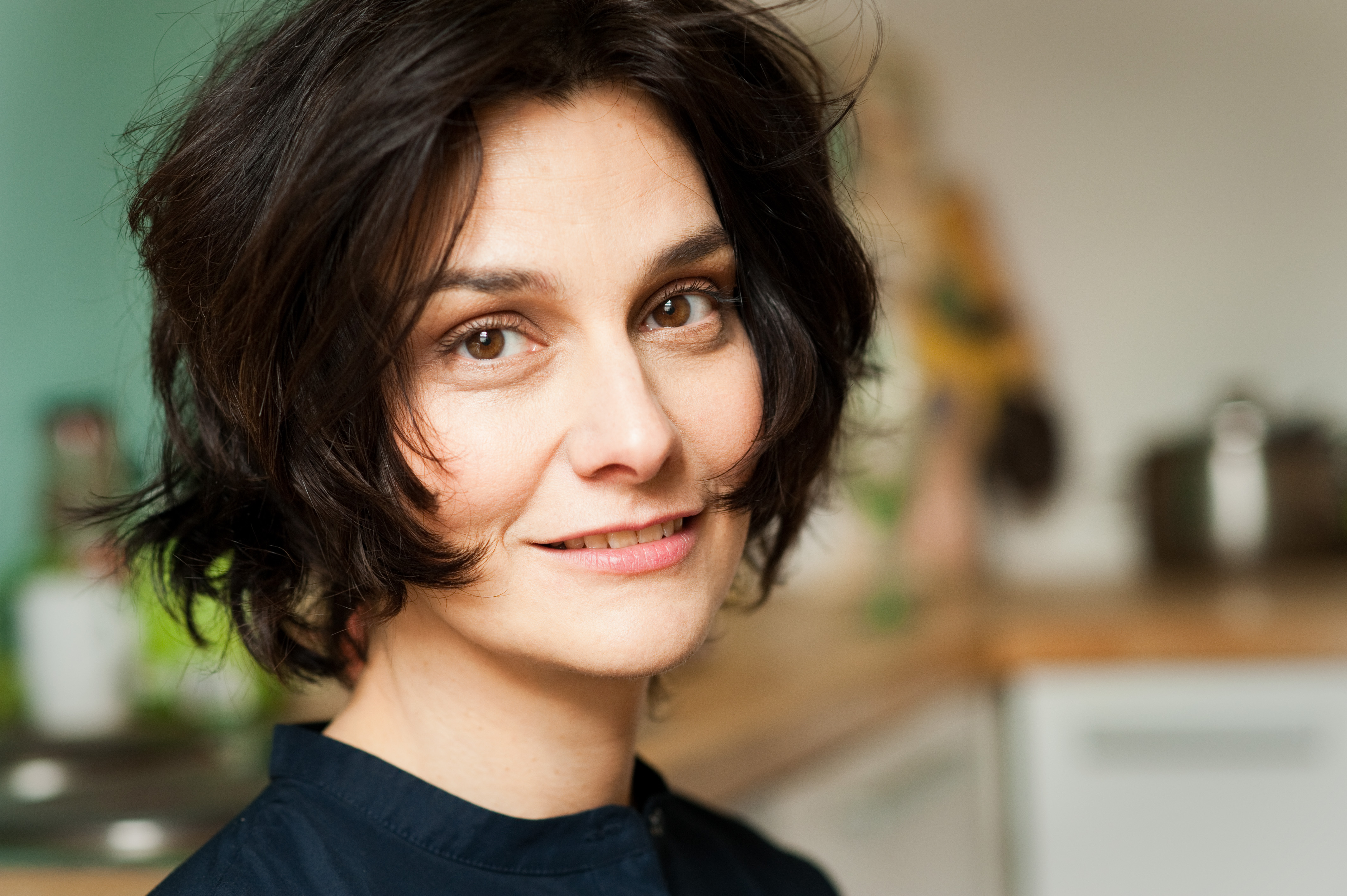
Katja Petrowskaja was born in 1970 in Kiev. She studied Russian Philology and Semiotics
at the University of Tartu, Estonia, and received her PhD in Literature at the Russian State University for the Humanities in Moscow. Since 1999, she has lived in Berlin. She contributed to the “Radio Liberty” and “Deutsche Welle” (Russian departments), wrote for German and Swiss newspapers like TAZ, Neue Zürcher Zeitung, and since 2011 has been a columnist for the culture section in the Frankfurter Allgemeine Sonntagszeitung. For the same newspa- per she has been writing on photography since 2015. “Maybe Esther” (Suhrkamp 2014) is Petrowskaja’s first book. It was translated into 20 languages and in 2013 won the Ingeborg Bachmann Prize as well as many other prestigious awards.
MAYBE ESTHER
Was her name really Esther, her great-grandmother on her father’s side, who stayed behind in the empty apartment in Kiev in 1941, after her family had fled? And the Yiddish words with which she trustingly addressed the German soldiers – who was there to hear them? And when the soldiers shot the old babushka, »with routine indifference« – who was stand- ing at the window, watching?
In Kiev and Mauthausen, Warsaw and Vienna, Katja Petrowskaja exposes fragments of a broken family mosaic. But rather than expanding this monumental material into a sweeping epic, Petrowskaja writes about her journey to the scenes of event, reflecting on a frag- mented and traumatised century and placing her focus on figures whose faces are no longer visible.

